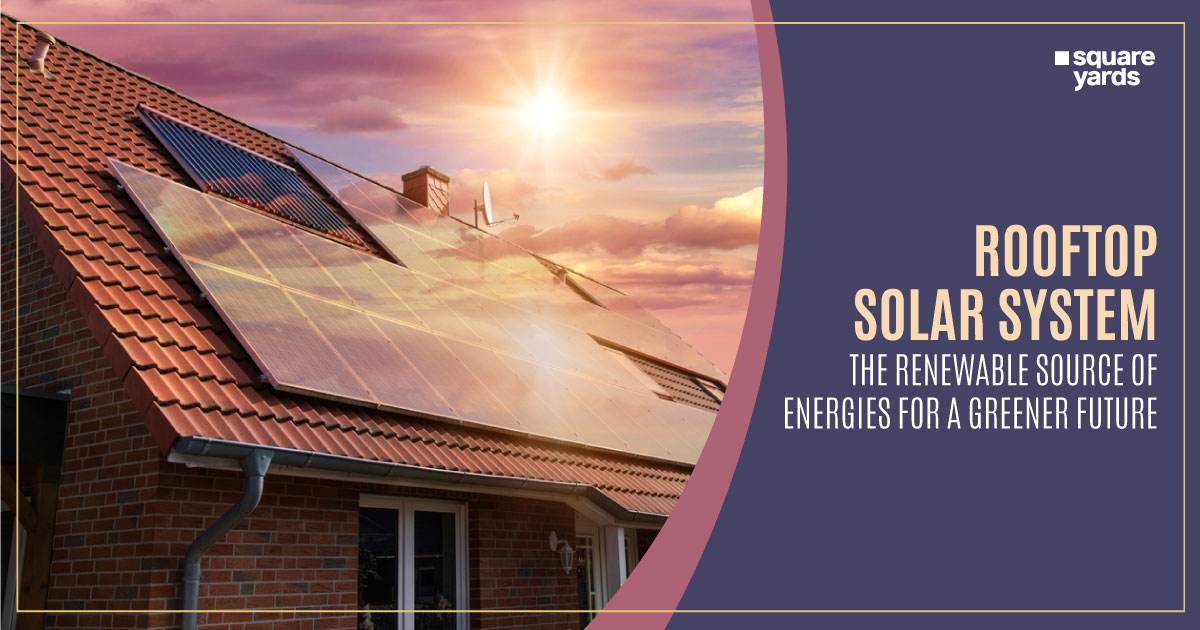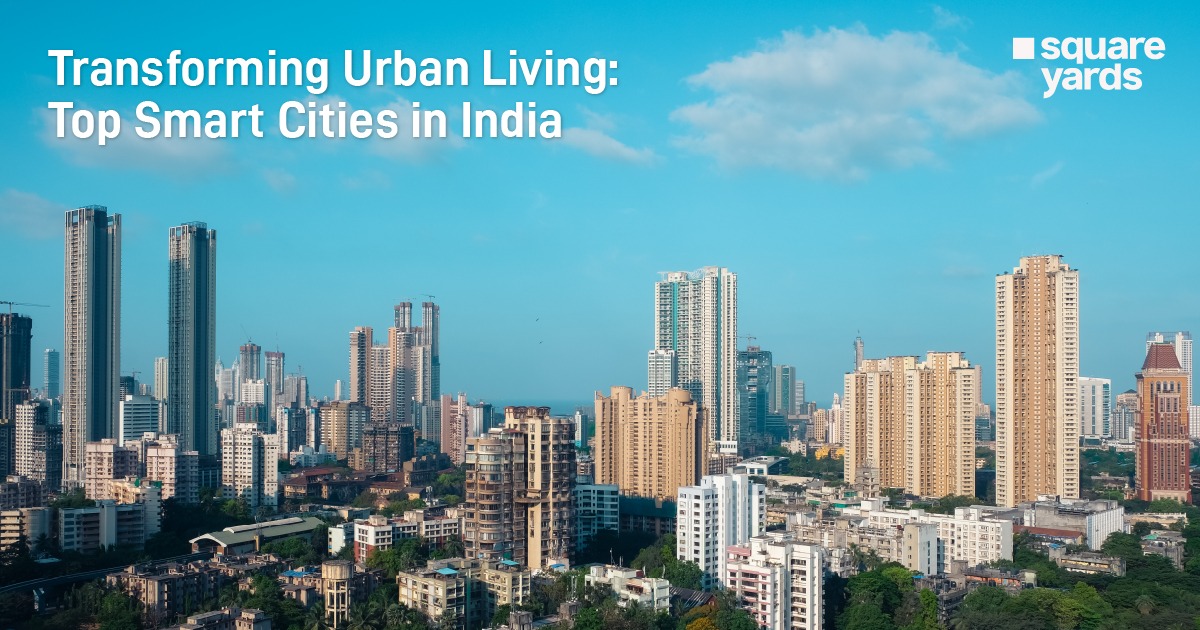In the current world we live in, there is an ever so increasing demand for energy and that makes us most dependent on the non-renewable energy ones. However, some energies are renewable, one of which is solar energy. The rooftop solar system turns photovoltaic energy into electricity. It is also considered one of the cleanest and greenest sources of energy. India is witnessing a hike in the sale of rooftop solar systems. In this blog, we will walk you through five different benefits of solar panel installation.
1. Environmental Benefits
The rooftop solar system generates renewable energy which is essential to irradiate the excess use of non-renewable energy such as coal and petroleum. Moreover, the rooftop solar system serves various different purposes that benefit our environment.
In addition, photovoltaic energy also plays an integral role in the reduction of greenhouse gas emissions whilst preventing global warming. This green energy generation improves the air quality and also indirectly prevents excessive use of water for energy generation.
Installation of a rooftop solar system can be used for both personal and commercial purposes. Individuals can save a lot on energy consumption bills, and not only that, but they can also generate capital through energy distribution.
The distributed energy will help benefit the environment in terms of reducing the carbon footprint. By generating this energy, the mass number of inhabitants will be less dependent on fossil fuels and other non-renewable sources. In India, there are over 200 days of bright sunlight, which is ideal for energy generation. The conversion of this photovoltaic energy is one of the greatest steps mankind has taken towards not just sustainability, but also a greener and cleaner future.
2. Energy Backup
The rooftop solar system generates energy that can be stored, if not utilized completely. An individual can store the produced energy in a battery which can be used as a backup source at night when the solar panels are not generating electricity. In the event of a power grid breakdown, which is possible and happens sometimes, the rooftop solar system generated energy can be used as a backup power source. The off-grid rooftop solar panels have ample energy security capacity. However, it is quite expensive compared to the regular ones. In case your area faces regular power cut-outs, then we recommend choosing the off-grid ones. Whereas on the other hand, the grid-tied rooftop solar system offers less battery backup but has an affordable price tag.
See Also: How Much Money Can You Save Using Solar Solutions?
3. Enhances the Property Value
The installation of the rooftop solar system might increase the average resale value of the property by 3-4%. Installation of the rooftop solar system onto a property belongs to the exclusive cluster amenities that several homebuyers prefer. In case you want a higher Return on Investment (ROI) and want the property to generate a higher rent, then installation of the rooftop solar system will be beneficial.
4. Tax Benefits
The Government of India provides tax benefits on all of the activities that benefit the environment and mankind such as education, healthcare services, environment protection, green energy generation and uses. If an individual does activities that the government recognizes and wants to do the same, to facilitate these individuals, the government launches new schemes or provides tax benefits. The government offers tax benefits on the purchase of solar panels. Moreover, if the individual makes income from solar energy, then they will be completely exempted from tax as well.
5. Financial Benefits
The rooftop solar system also has the potential to generate capital revenue.
The solar system is one of the modern ways to save, invest and generate revenue post-installation. A rooftop solar system can potentially generate electricity for an entire 25+ years lifecycle. Moreover, even though the energy consumption is greater than the generation, solar will cause a considerable reduction in utility bills.
In case you generate more than you consume, then you can send that energy back to the grid after consulting an experienced solar panel company and their expert executives will assist you to reap its financial benefits.
To Sum Up
The rooftop solar system helps the individual generate renewable energy, i.e. electricity. Solar power facilitates the masses to use electricity generated without hampering the environment. On purchasing a rooftop solar system, the government provide subsidies and tax benefits. Solar-powered energy can cause a considerable reduction in energy consumption utility bills. Moreover, if you happen to generate more electricity than you consume, then you can send it back to the grid and get financial benefits. Those properties that are fully equipped with solar panels and other exclusive community amenities enhances the resale value by 3-4% and also generate higher rental yields.
Frequently Asked Questions (FAQ’s)
What are the four main types of solar panels?
The four main types of solar panels that the current market features are PERC, thin-film panels, polycrystalline and monocrystalline.
Can we run AC on a solar panel?
Yes, it is completely possible to run AC on solar panels. However, you need to match the energy requirements with the consumption by an AC.
Do solar panels have disadvantages?
Yes, there are only a few disadvantages of rooftop solar panels. The solar panels are costly and they’re weather dependent. In case of rain and cloudy weather, the efficiency drops.
How long do solar panels last?
Solar panels have a high life expectancy. They last for more than 25 years. In fact, the solar panels from the early 80s are still running at expected capacity. The solar panel longevity has increased dramatically over the past 20 years.
Do solar panels work at night?
No, solar panels do not work at night. Solar panels convert photovoltaic energy into electricity, and this energy is extracted from the sun. During the night there is no sunlight which clearly states that no sunlight equals to no energy production. Moreover, this factor applies the same during rainy and cloudy days.

























